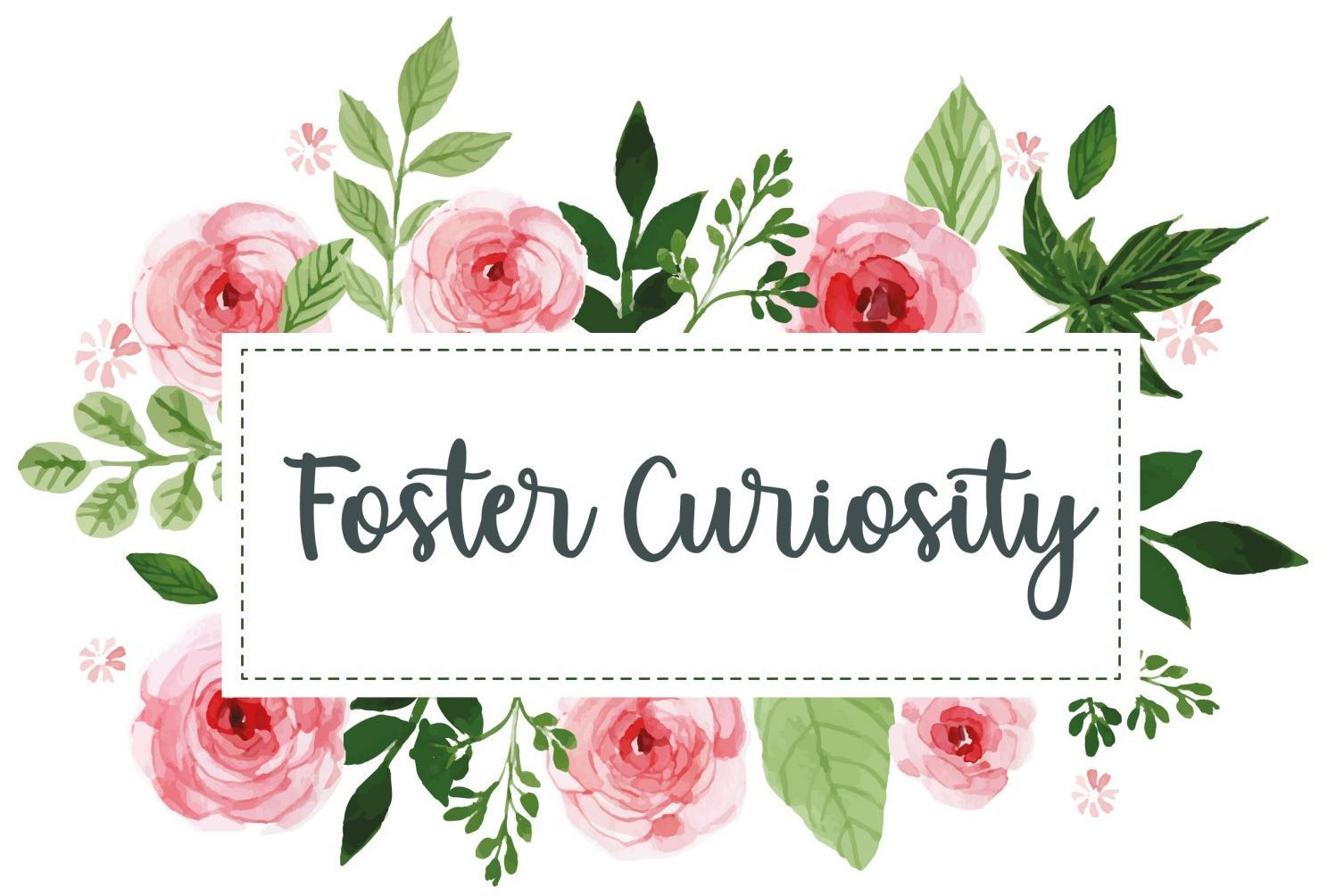
Living with Anxiety
For as long as I can remember, I have struggled with anxiety. When I was younger, I didn’t know there was a name for it. I also didn’t show my anxiety externally, which means I kept everything mostly to myself. This shaped who I was before I even knew that my brain worked differently. Once I got to college, and the anxiety got worse, I found myself shut in my dorm for almost a whole semester. Seeking help was the best thing I ever did.
Years later, I finally feel like I have control over my life for the first time. I thought it would be a good time for me to do more research to understand better how my brain works.
What is it?
Anxiety is a feeling that everyone has at one point or another. Maybe there is a problem at work, or you are preparing for an important exam. You could be faced with a significant life choice or be giving a speech. These are normal times to feel anxious, but if your feelings of anxiety become more severe or for more extended periods, it starts to affect your life.
Anxiety disorder is when someone has significant fears or feelings of worry frequently. It can keep someone from doing everyday things because the fear is too great. In extreme cases, the anxiety will continue to get worse if left untreated.
In my case, I feel like I am always on the brink of fight or flight. I’m constantly looking for something to go horribly wrong, and I’m already making three backup plans to prepare for those worst-case scenarios. I always plan, and it takes a lot of willpower to go with the flow. It’s a work in progress, but I’m getting there!
Different Types of Anxiety
There are multiple different types of anxiety. Panic disorder is when someone has frequent and unexpected panic attacks. A person with panic disorder might have the constant fear of not knowing when the next attack will strike and cause that person to avoid certain activities they might not otherwise avoid. Panic attacks are no joke. They can cause heart palpitations, sweating, difficulty breathing, shaking, and feeling out of control.
Phobia-related anxiety is when a person has a specific trigger that causes anxiety. This can cause people to avoid activities and fear encountering that specific thing in their everyday life. Some phobia-related anxieties can include social situations, heights, animals, and being in an enclosed space.
Post-traumatic stress disorder (PTSD) is when someone has extreme anxiety and panic attacks following a traumatic event. Those events could include a natural disaster, an assault, or military combat. Some sounds, smells, or even words could trigger PTSD.
Generalized anxiety is when someone displays excessive worry or anxiety for most days for at least six months. Symptoms of generalized anxiety may include fatigue, irritability, constantly feeling worried, feeling restless or on edge, and difficulty sleeping. While I was reading about generalized anxiety, I felt like I was reading my biography. I had to learn how to relax, and it takes a long time for me to relax fully.
Panic Attacks
Many people with anxiety have panic attacks, but they can also happen for people without anxiety. A panic attack is an overwhelming feeling of fear or worry. They can build slowly or happen suddenly, and they have a variety of different types of symptoms. These are no joke, people. Panic attacks are frightening and exhausting.
Some symptoms can include shortness of breath, dizziness, sweating, numbness, and dry mouth. When you have an attack, sometimes you can tell it’s coming, and sometimes you have no idea what’s going on. I’ve had panic attacks that cause my heart to race, I’m unable to breathe, and I get really dizzy. They don’t always look the same, and sometimes they last longer than others. Either way, they are not fun.
Symptoms and Causes
No one knows a specific cause of anxiety. It is a mix of genetics and environmental factors that might cause someone to develop many types of anxiety. The first step is identifying what is going on to get help. Symptoms to look for can include shortness of breath, feeling worried, restlessness, trouble concentrating, problems with sleeping, and fatigue.
Everyone with anxiety experiences it a little differently, and you might have any combination of the different symptoms with different severity. It becomes a problem when it starts negatively affecting your life. For me, I feel like I’m wound up and on edge almost all the time. I have to constantly remind myself to stay grounded and present and to breathe. Fatigue, difficulty concentrating, and muscle tension are symptoms I also experience. I need a lot of sleep to recuperate for the next day, but I tend to be a very light sleeper. When I haven’t had enough sleep, I tend to get irritable easily.

Treatment
There are many different ways for someone to treat their anxiety. For less severe cases, simple lifestyle changes can help dramatically. For others, medication or therapy can help to manage more severe symptoms. Many people do a combination of the three to manage their anxiety and live a happier life.
For me, therapy and lifestyle changes have made a huge improvement in my quality of life. Setting boundaries on work time and making sure that I have time to take care of myself has helped me calm down the part of my brain that constantly yelled at me to work on something. I’ve also been in therapy for a couple of years to work through some things that I had suppressed that magnified my anxiety.
I still have a ways to go, and it is a constant battle with my brain. I’ve thought about going the medication route, but I wanted to manage my anxiety without medication for as long as possible. Right now, I feel like I’ve made significant personal growth, and I want to continue doing what I’m doing. With some lifestyle changes and therapy, I’ve been able to feel a sense of calm that I’ve never felt before.
Learn More
There is so much information out there about anxiety! If you want to read more, I recommend reading more about different types of anxiety disorders, read about how to help a loved one with anxiety, and self-care. If you think you might have anxiety, talk to your doctor. There is nothing shameful or embarrassing about seeking help, and I strongly recommend it to anyone who wishes for a better quality of life. Take care of yourself! Until next time, happy learning!





